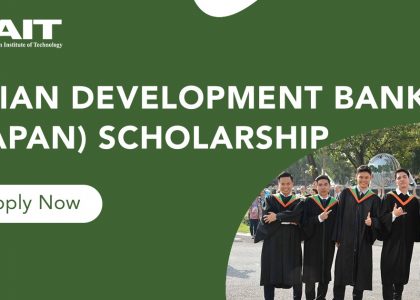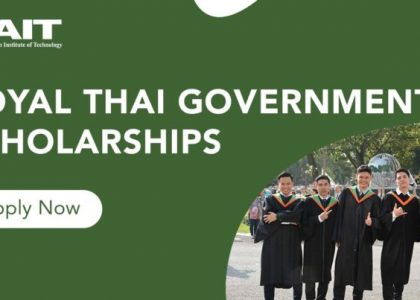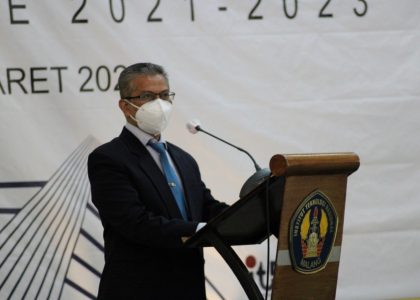Study tours provide plenty of opportunities for the students to connect their classroom-theoretical knowledge to the real life applications. Such a practical orientation not only cement the learning but also facilitate to explore novel solutions to the existing challenges or to generate new ideas for further development.
Keeping the importance of practical orientation to complement theoretical learning, the course administration of the Energy Resources and Technologies (ED72.01) has organized a field trip. Dr. Abdul Salam, the course instructor, led the team of over 50 people successfully in association with Dr. Hien Vu Duc, Senior Laboratory Supervisor and Khun Phornshinee Thanara, Administrative Secretary. The 5 days field trip covered nine energy establishments including seven power plants, one coal mine, and an oilfield.
The field trip has complemented our theoretical learning of energy and electricity technologies including sources, production processes, and operation and management of the plants. It provided adequate opportunities for the student to witness the operation of the plants, to know the machineries, to observe the magnitude of the plants and required operational tools, security issues, challenges and the overall management.
This study tour has also introduced the participants indirectly to the energy and electricity policies and strategies of the Thai government. They got a workable idea of the structure of the electricity sector of Thailand including demand and supply dynamics, responsible entities, mix of energy sources for electricity generation, outsourcing mechanism, and technology and technical know-how. It is reasonable to expect that many of the participants have come across new ideas from this practical orientation. Surely, the acquired knowledge and ideas, and the orientation to the Thai electricity policies and strategies will help many participants to undertake suitable initiatives in development of the electricity and energy sectors of their own countries.
Read his full report here.
This article is contributed by Mr. Mohammed Robayet Khan, a PhD student in Energy Academic Program specialising in Energy Policy, Planning and Economics. Mr. khan received his MBA from Institute of Business Administration, University of Dhaka, Bangladesh and Master of Development Economics (Advanced) from The University of Queensland, Australia. Prior to joining AIT for PhD degree, Mr. Khan has worked at various capacities from Assistant Commissioner to Senior Assistant Secretary in Bangladesh. Mr Khan belongs to Bangladesh Civil Service Administration Cadre.




